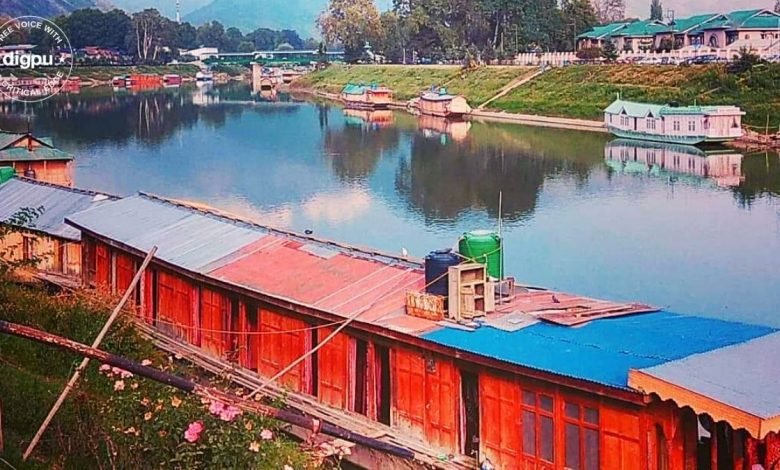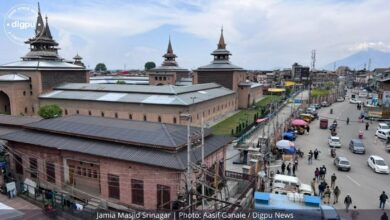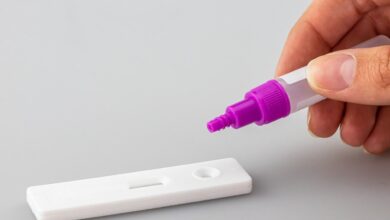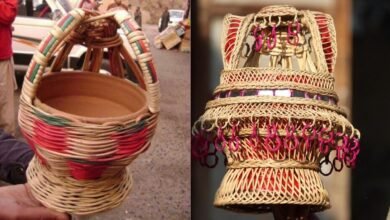Kashmir’s houseboat industry on the verge of collapse

The number of houseboats has been consistently falling during the last three decades.
Houseboats, which are an important element of Kashmir’s rich culture and are commonly referred to as the valley’s tourist gem, are rapidly disappearing.
Wooden houseboats, often known as floating palaces, may be seen on numerous water bodies in Kashmir, including Dal Lake, Nigeen Lake, and the River Jehlum.
However, their number has decreased over time, from 1600 in the year 1990 to approximately 900 now, since their owners were unable to complete the repairs on time. Consequently, tens of houseboats have sunk into Dal Lake waters.
Restriction placed on repairing/making houseboats
There is a restriction on repairing or building new houseboats, according to Ismael Shah, a houseboat owner.
“These houseboats were built more than 50 years ago and are gradually crumbling. However, we are not permitted to fix them, resulting in a reduction in their number,” he said.
As per Shah, if this trend continues, there would be no houseboats left in a decade because most of these are in poor condition and require repair on an urgent basis.
Houseboats blamed for polluting water bodies
After the government persuaded the court that houseboats were the primary source of pollution in Srinagar’s water bodies, the Jammu and Kashmir High Court barred repairs and renovations of houseboats in 2009.
According to reports, hundreds of applications for permission to repair houseboats have been filed with the Tourism Department of Jammu and Kashmir since then.
Another houseboat owner, Mushtaq Ahmad, said that the government was blaming Dal Lake residents for the lake’s worsening conditions. “The Dal Lake is surrounded by lakhs of people and hundreds of hotels. All sewage from hotels and residences is discharged straight into the lake. Why do they just blame houseboat owners who make up a small percentage of the population and produce less than 1 per cent of total sewage?” Ahmad wonders.
He stated that it was everyone’s obligation to maintain the lake clean.
“Our houseboats must be repaired immediately, or they will all sink. We are slowly losing our sense of individuality as there is a ‘sinking’ feeling within us,” Ahmad fears.
Government’s new strategy to keep houseboats floating
In the last 15 years, more than Rs 1000 crore has been spent on the preservation of Dal Lake, according to Lakes and Waterways Development Authority.
The government also authorized a strategy for the long-term operation of houseboats on the Dal and Nigeen Lakes.
According to the policy adopted by Lieutenant Governor Manoj Sinha’s government, houseboats were mandated to be registered with the UT government, subject to the fulfilment of specific conservation standards.
The houseboats and associated structures must be equipped with bio-digesters for the scientific treatment of solid/liquid waste as per the approved design of the Lakes and Waterways Development Authority, as well as ensuring the availability of adequate fire safety equipment and trained staff to be verified by the Fire & Emergency Services Department.
The policy also specifies rules for supplementary amenities such as kitchens, lodging, furnishings, first-aid, electricity, power backup, sanitary fittings, and navigation by shikara.
The policy contains measures for repairing damaged, dilapidated, and abandoned houseboats as well. However, the government stated in April this year that owners of houseboats would be allowed to fix them only if they paid their dues, such as power and water bills, and obtained a No Objection Certificate (NOC) for repair work, which can take months to process.
The famous houseboats of Kashmir
The interiors of the houseboats are constructed with wood-carved walls and Kashmiri woven carpets, which provide a cultural touch to the whole atmosphere.
The houseboats come in a variety of sizes, with some having as many as four bedrooms in addition to a living area and kitchen.
Tourists may expect to pay anything from Rs 2000 to Rs 8000 per accommodation, depending on the amenities.
A typical houseboat in Kashmir is worth between Rs 2 and Rs 3 crore.







